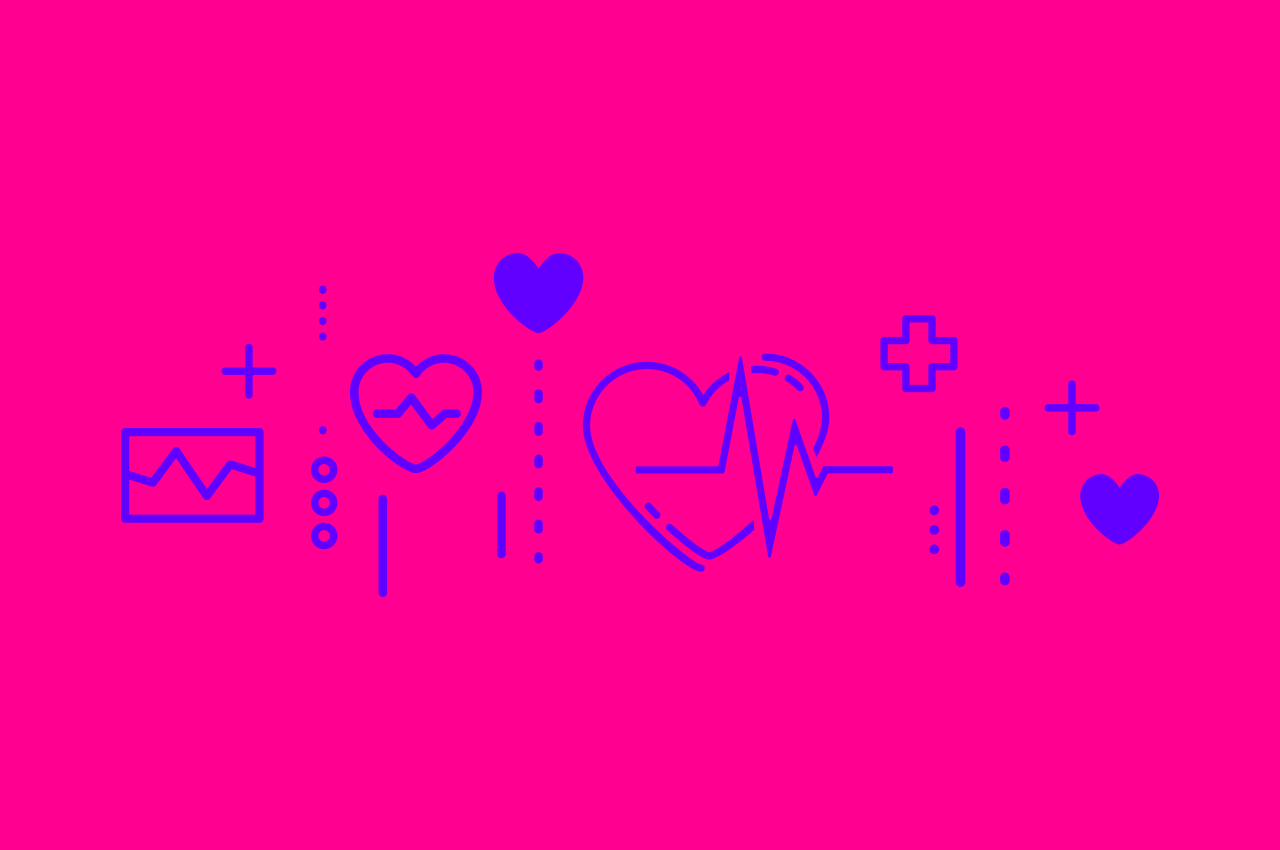Does your heart feel like it’s flip-flopping? Racing or fluttering? If so, it’s possible you could have heart palpitations. Heart palpitations are sensations that feel like your heart is beating really fast or pounding in your chest. Palpitations can also be felt in your throat, chest and neck.
These feelings are commonly triggered by stress, certain medications, exercise, caffeine, low blood sugar and dehydration. Although it’s rare, it can also stem from medical conditions like thyroid problems, heart failure, abnormal heart rhythms and anaemia.
Heart palpitations not caused by a medical condition are harmless and usually resolve on their own. Here are some home remedies to relieve the symptoms.
Wind things down
Stress has different effects on the body and heart palpitations can make things worse. Learn how to relax with meditation or yoga. These techniques have a good reputation for reducing palpitations and calming you down. Do a mix of different relaxation methods throughout the week.
You can try:
- Deep breathing. Sit or lay flat in a comfortable position. Place a hand on your stomach just below your ribs and the other on your chest. Now, take a deep breath through your nose and allow your belly to push your hand away. Breathe out through pursed lips. Repeat two to three times.
- Try writing down how you feel once a day before bed. Journaling helps you manage stressful experiences in a healthy way. It also gives you an emotional release and allows you to work through whatever is worrying you.
- Working out keeps your physical health in check, and helps you to de-stress. Aim for at least 30 minutes of exercise every day to give yourself a boost.
Trigger your vagus nerve
The vagus nerve is connected to the heart and helps control your heart rate. Stimulating it can help reduce palpitations. Activate it by coughing, placing a cold, damp cloth on your face for a few seconds, taking a cold shower and splashing cold water on your face. (It may be best to talk to your doctor before trying this method.)
Balance your electrolytes
Electrolytes are found in your body and are helpful in transferring electrical signals. The signals help regulate your heart rate. Boost your electrolytes with foods that contain salt, magnesium, potassium and calcium. Bananas, potatoes, avocados and spinach are rich in potassium. Get your fix of magnesium and calcium from dark leafy greens, nuts and fish. Don’t worry about adding in extra salt.
Drink up
When your body becomes dehydrated, it must work harder to circulate blood. This causes heart palpitations. Signs that you need to drink more water include feeling thirsty, a dry mouth, a racing heart, a headache, dizziness and dry skin.
Good to know
Although heart palpitations are usually harmless, see your doctor if you experience them often. If someone in your family has heart disease, you should also be checking in with your doctor regularly. If you get heart palpitations with symptoms like chest pain, severe dizziness, fainting or pain, get to a doctor immediately.

